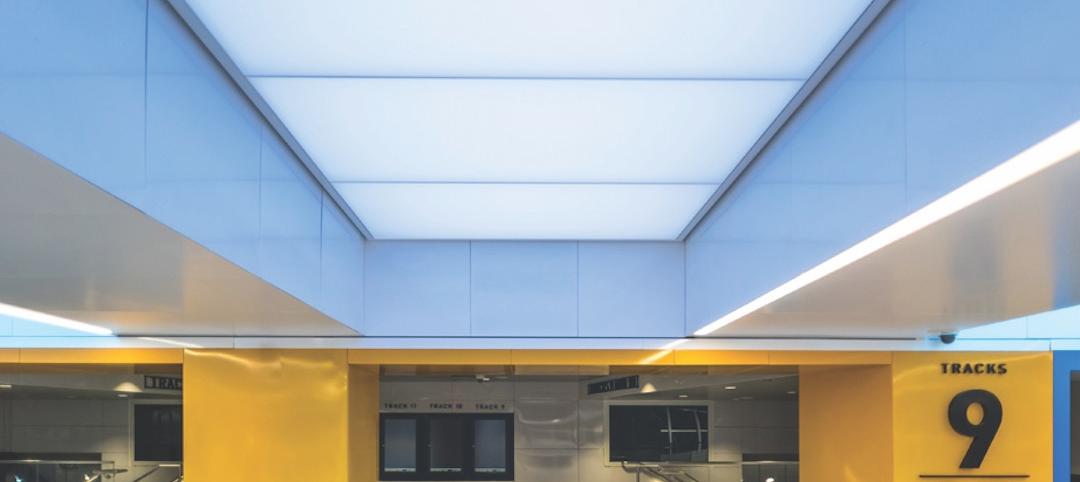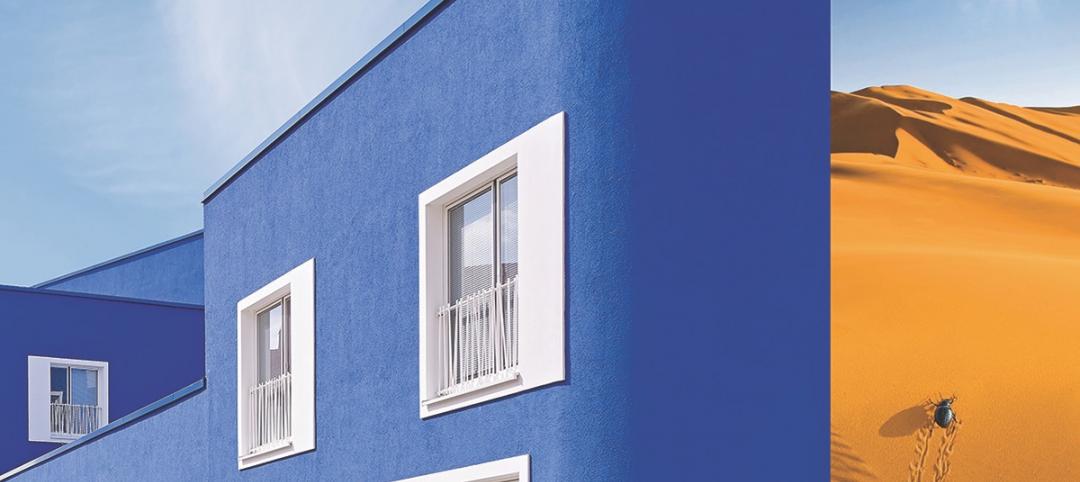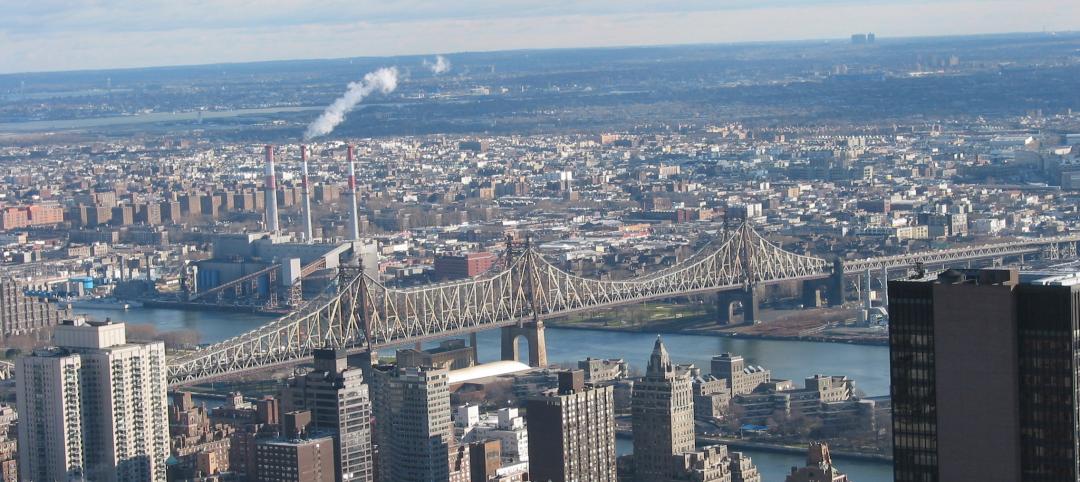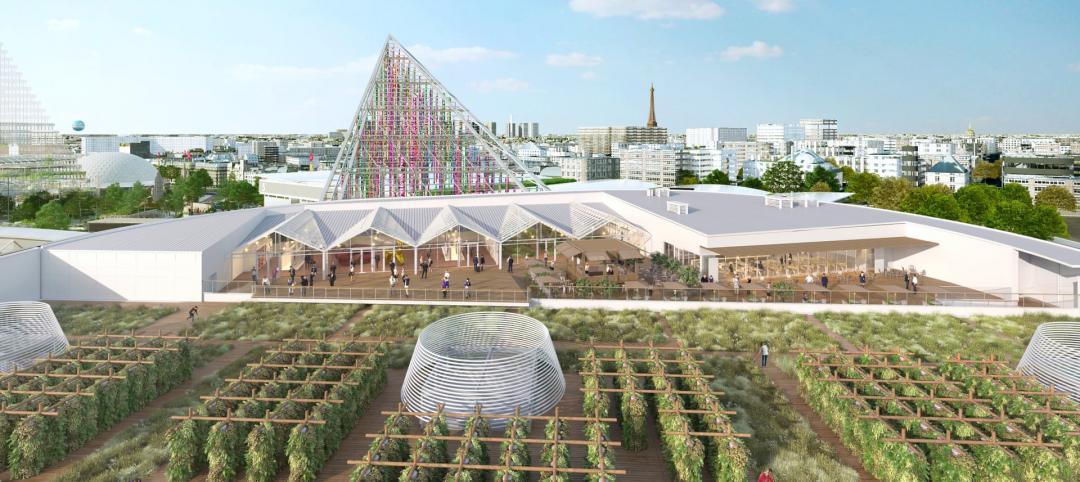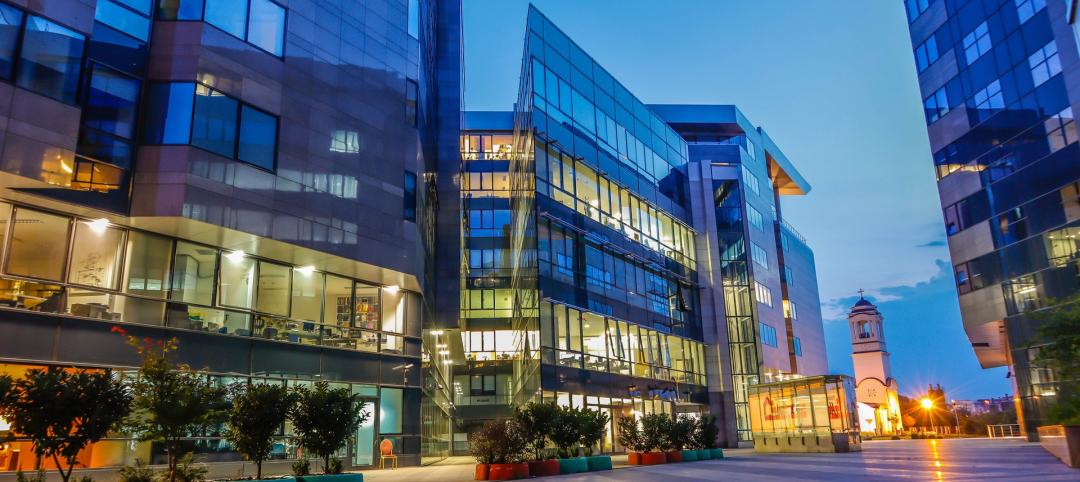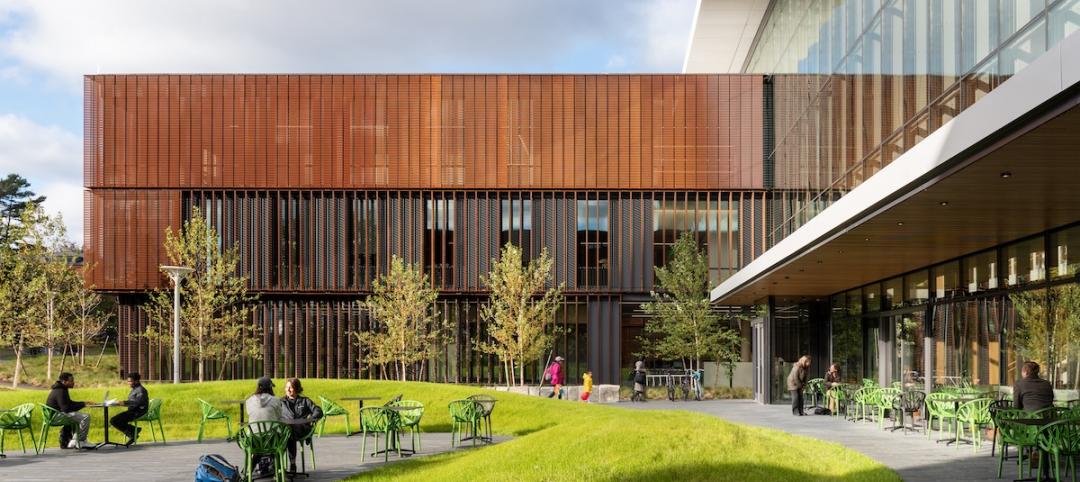The National Association of Landscape Professionals(NALP) announces its official list of the top landscape trends of 2018. As the voice of the multibillion-dollar lawn and landscape industry, NALP annually forecasts trends that will impact landscape planning, design and maintenance within the coming year.
“The top 2018 landscape trends reflect an evolution of the outdoor living trend we’ve seen grow in popularity over the past few years,” says Missy Henriksen, vice president of public affairs, NALP. “Stimulated by a healthy economy, homeowners and property managers are innovating their landscapes in fun, new ways. Recognizing the tremendous value that beautiful and functional landscapes bring to homes and commercial properties, today’s landscapes are built to last so they can be used and enjoyed through all the seasons, year after year.”
In 2018, NALP predicts the following five trends to influence landscape planning and design:
- Experiential landscape design. Today’s landscapes are thoughtfully and creatively built for living, working and playing, and bring together form and function for a quality outdoor experience. More residential landscapes feature designated areas for cooking, dining, relaxing and even working outdoors, armed with fully integrated outdoor lighting and audio/visual systems for a multisensory and multiuse experience, day or night. Office landscapes more frequently include walking and bicycle paths, dining areas or gardens to enhance the employees’ experience. For both residential and commercial landscapes, the experience often begins at the entrance, with beautiful lawns, plantings and design elements that make a welcoming or wowing first impression.
- Climate-cognizant landscaping. Unpredictable weather patterns call for landscape enhancements that withstand extreme conditions and allow spaces to be enjoyed on unseasonably cool or warm days. More landscapes are planned with the unexpected in mind, such as pergolas with retractable canopies that can protect outdoor areas in wind, rain and snow; outdoor heaters for patios on chillier nights; and hardier hardscape materials that can handle drastic temperature fluctuations.
- Emphasis on water management and conservation. A buzzword for years, sustainability in landscaping is more than a trend, it influences how landscapes are created and maintained now and in the years to come. In particular, the integration of eco-friendly watering practices are expected to continue to take off in 2018, including the use of plants native to a region (which generally use less water), xeriscaping (planning a landscape to use low-water use plants), and smarter irrigation technology.
- Enhanced equipment and technology. The latest yard tools on the market consider ease of use and storage while incorporating more eco-friendly innovations. Many lawn mowers, leaf blowers and similar equipment feature low or no emissions, are battery-powered, and are quieter. Many lawn and garden tools are also designed to stack or fold to fit in the garage or shed. Professionals are also integrating more technology — mobile apps, 3D modeling and drones — into landscape planning.
- Plants in playful colors and patterns. While the simple elegance of greenery was all the rage last year, 2018 will see a renewed interest in adding pops of color and whimsy to landscapes. With ultra violet named the Color of the Year by Pantone, a leading provider of color systems and an influencer on interior and exterior design, landscape professionals expect to integrate more violets, verbena, clematis, iris and other purple flowers into landscapes. “Patterned” plants are also getting their time in the garden spotlight, as these unique plants are revered for their intricate details, such as striped leaves or brightly colored veins.
The voice of the landscape industry, NALP develops its trends reports based on a survey of its members and by drawing from the expertise of landscape professionals representing various regions of the U.S. who are at the forefront of outdoor trends. The landscape trends are also influenced by broader lifestyle and design trends.
Related Stories
Contractors | Jan 20, 2020
Wellness is for builders, not just for buildings
New research on wellness in the construction sector highlights interventions that could be effective in addressing dehydration, weight management, poor air quality, and stress.
Green | Jan 10, 2020
How the new EC3 tool raises the bar on collective action
Nearly 50 AEC industry organizations partnered to develop the groundbreaking Embodied Carbon in Construction Calculator.
75 Top Building Products | Dec 16, 2019
101 Top Products for 2019
Building Design+Construction readers and editors select their top building products for the past 12 months in the fourth-annual 101 Top Products report.
75 Top Building Products | Dec 12, 2019
Top Building Envelope Products for 2019
Sto's beetle-inspired exterior coating and Dörken Systems' UV-resistant vapor-permeable barrier are among the 28 new building envelope products to make Building Design+Construction's 2019 101 Top Products report.
Building Owners | Dec 2, 2019
What building owners and AEC teams need to know about New York’s Climate Mobilization Act
On April 18, 2019, the New York City Council passed the Climate Mobilization Act, a suite of laws aimed to meet the city’s commitment to achieving carbon neutrality by 2050.
Sustainability | Aug 15, 2019
Paris will soon be home to the world’s largest rooftop farm
Agripolis is spearheading the project.
Codes and Standards | Jul 15, 2019
USGBC calls for proposals for feedback, concepts for next LEED version
The move follows successful public input on LEED 4.1.
Green | May 8, 2019
Does wellness pay off?
Getting wellness to pay off may not be that simple, or even a wise investment to begin with, according to a new peer-reviewed study of 32,000 employees.
Green | Apr 23, 2019
Top 10 green buildings for 2019
The Amherst College Science Center and Frick Environmental Center are among the high-performance projects to be honored with AIA 2019 COTE Top Ten Awards.
Resiliency | Apr 22, 2019
Turner Construction doubles down on jobsite efficiency
The company targets a 50% cut in greenhouse gas emissions and water use from construction activities by 2030.





